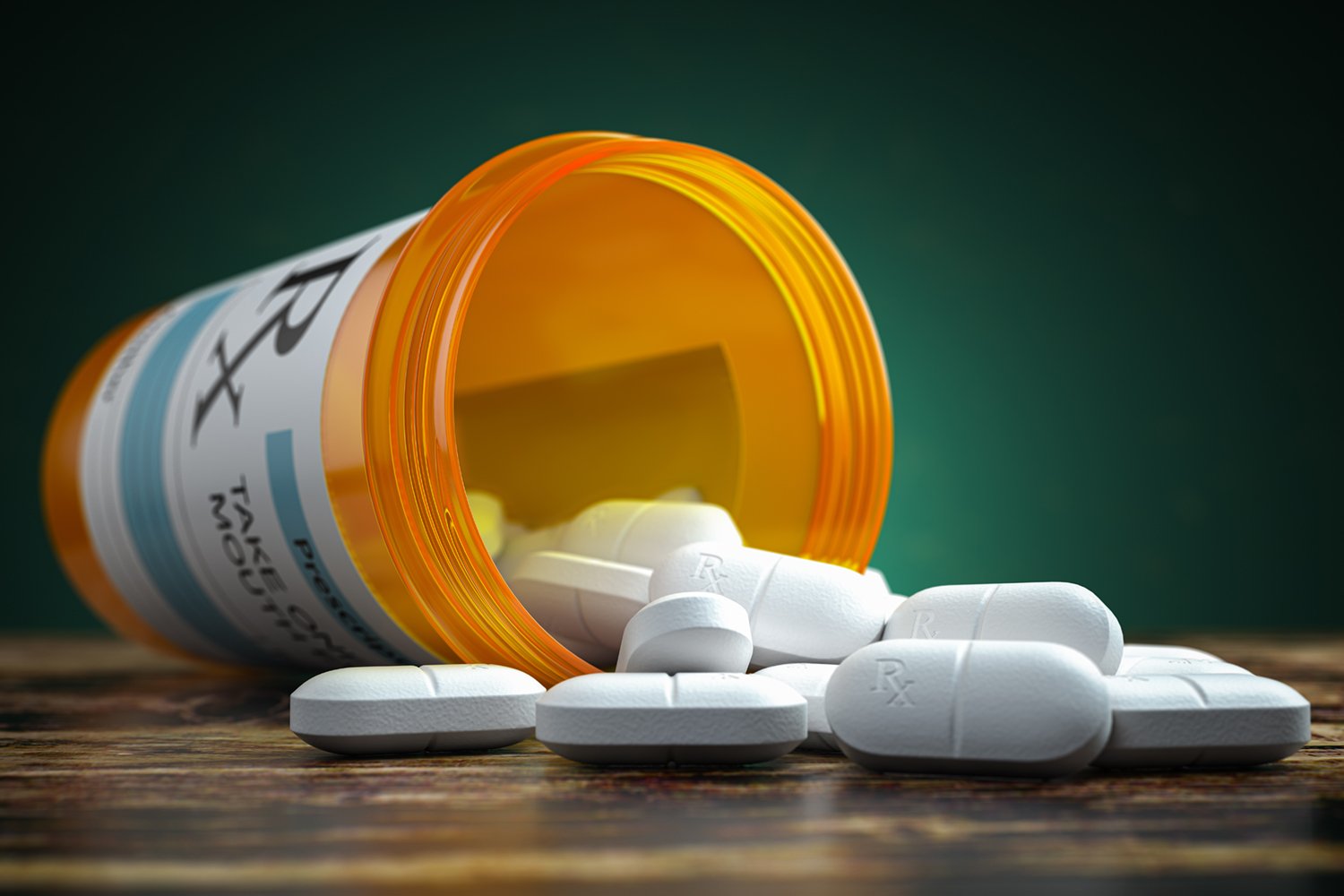$26 Billion Global Opioid Settlement Reaches 90% Participation of Local Governments
Credit: iStock
By Christopher Jennings
The National Prescription Opiate Litigation Plaintiffs’ Executive Committee has reached 90 percent participation of litigating local governments across the United States in a $26 billion global opioid settlement. This settlement was finalized with the “Big Three” drug distributors (AmerisourceBergen, Cardinal Health, and McKesson), as well as former opioid manufacturer Johnson & Johnson.
According to a press release from the committee, the settlement will impose major changes in how the settling defendants conduct future business, while providing states and subdivisions with the financial means to address the opioid crisis, with 85 percent of funds allocated to treatment and education programs and prevention efforts. Disbursal of these funds will begin in summer 2022.
Most states have already signed on, with all 50 states eligible for the Johnson & Johnson settlement and 49 states eligible for the settlement with the drug distributors (West Virginia settled with the distributors in a previous, unrelated settlement). Additionally, under the settlement with Johnson & Johnson, a portion of the funds will be treated as a credit for Oklahoma, tribal governments, and non-settling government entities.
The settlement was reached after four years of litigation. It is the first of its kind to administer direct resources to state and local governments targeting opioid crisis-related relief programs. Relief funds are determined based on both population and the proportionate share of community impact experienced through the opioid crisis. This is calculated by way of objective national data consisting of opioid shipments per state, opioid-related deaths per state, and people with opioid use disorder per state.
In addition to the relief funds, the Big Three distributors will have to follow increased and improved policies to identify suspicious orders and pharmacy customers, with an independent third-party monitor observing. The distributors will begin using a clearinghouse that tracks all opioid shipments, which will allow for a clearer picture of overall opioid distribution and mandate that distributors alter their shipments in relation to each other.
Johnson & Johnson no longer markets or sells opioids and has agreed not to do so for the next 10 years. This extends to the manufacture, sale, and distribution of any opioid products and any lobbying efforts related to opioid products.
More information can be found at the National Opioid Settlement website.

